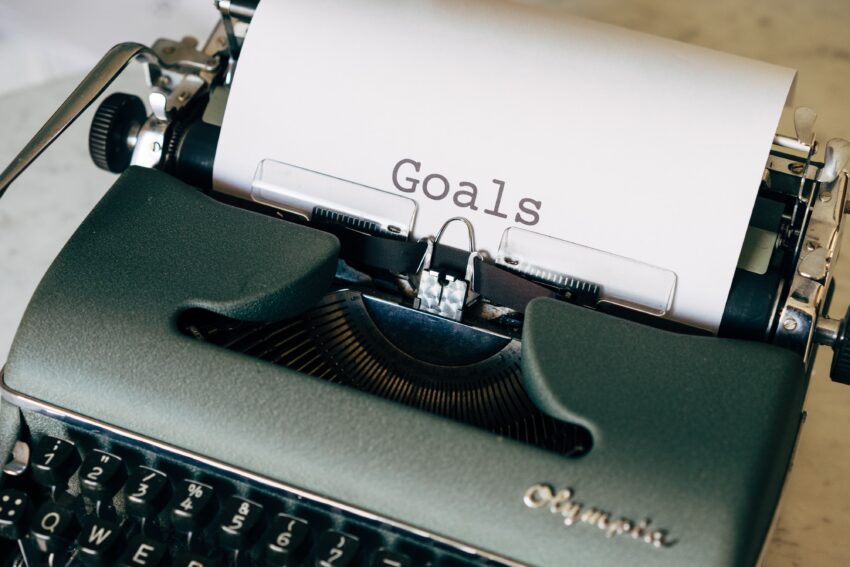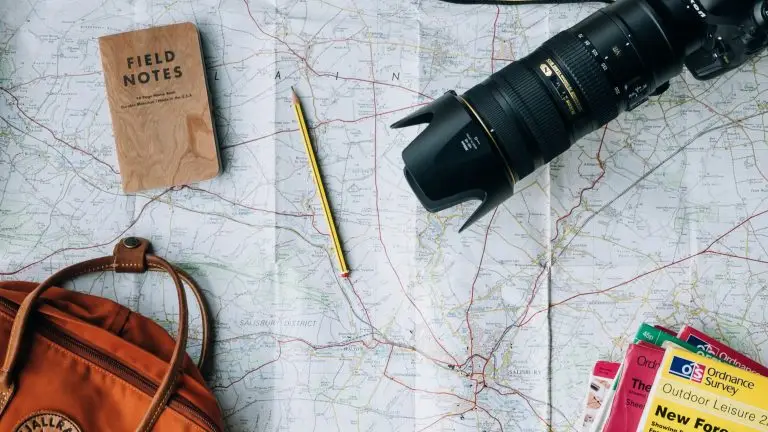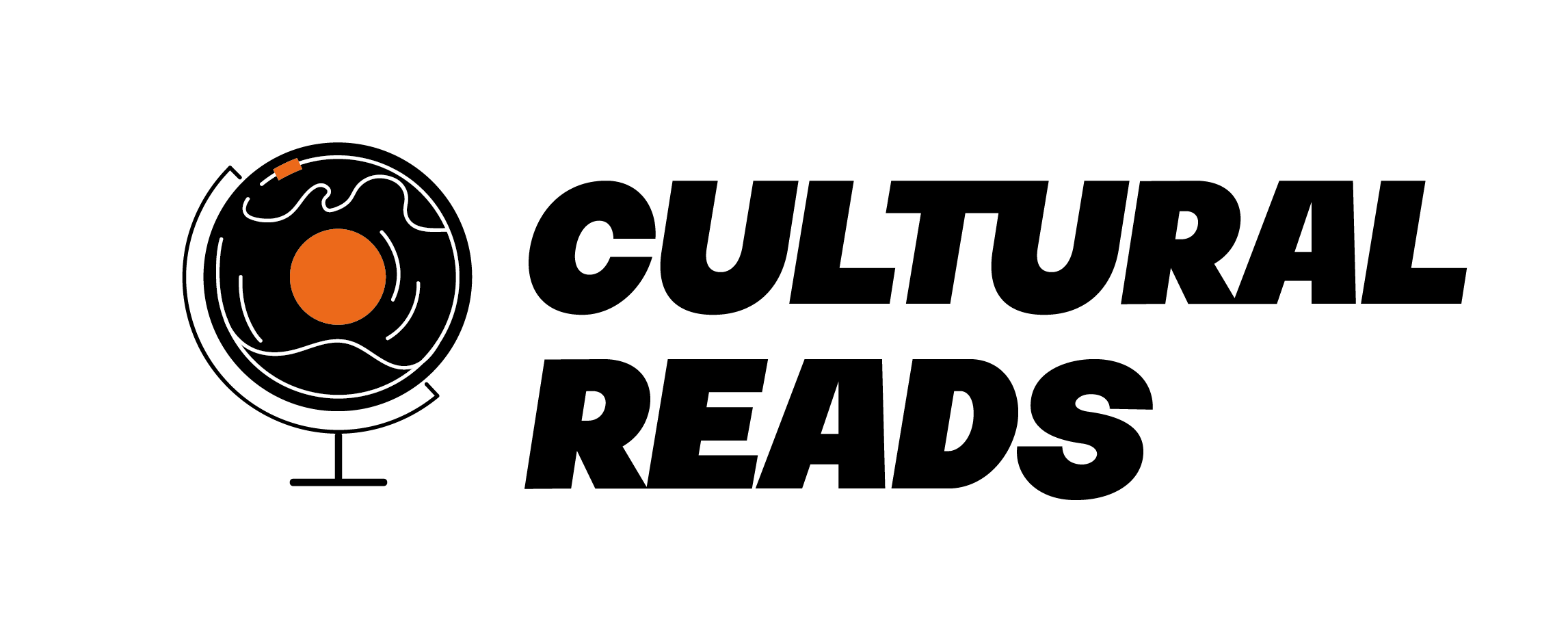
12 Great Irish Books You Should Read This Year
How many of you know that James Joyce was/is an Irish writer, not British? Or similarly, U2 and Snow Patrol are Irish bands, not British
Do you ever wonder what happened to your reading habits?
Where do people find the time for it?
I loved reading as a kid but stopped when I got older.
I guess work, studies, and Netflix got in the way.
When I did an exchange in Spain several years ago, I decided it was time for a change.
I was away from family and friends and had a chance to reinvent my life.
I set a personal goal to read more: one book per month.
Every year after, I increased it until I found the sweet spot.
Reading has been one of the most positive influences in my life.
You can’t underestimate the value of someone pouring their lifework into a book for you to learn from.
If you want to read more, check out these 7 methods that helped me get back on track.
It all starts with a goal. You want to pick a goal that makes you excited but is also realistic enough. If your mark is too high, it will demotivate you in the long run. If you have an exciting yet smaller goal and achieve it, you’ll be more likely to continue the year after.
I started with a goal of 12 books per year and then increased it to 15, 25, and 52 until I realized that 25 was the sweet spot for me. When I aimed for 52, I read books to finish them, not to enjoy or learn. When the goal defeats the purpose, you must take a step back and reevaluate.
According to James Clear from Atomic Habits, goals have three layers: changing your outcome, process, and identity. If you build your identity around being a reader, you will find a way to read. If not, it feels like you’re not yourself.
Start with a goal for one year, reevaluate and continue. If you don’t hit your goal, don’t worry. You’re playing the long game and probably already read more books than you would’ve without that goal.
Once you have a goal, it’s time to keep track of it.

In management jargon, goals have to be SMART. That is Specific, Measurable, Achievable, Realistic, and Timely. “I want to read 12 books a year” is a SMART goal. It’s specific, measurable, achievable, realistic for most people, and has a fixed timeframe (one year). I’d recommend using a calendar year as a time frame.
To track my goal, I’m using two tools: Excel and Goodreads.
Goodreads is like the IMDB for books. You can find ratings, read reviews, and categorize books in lists (such as to-read). I always checked Goodreads before starting any book, so it seemed like an easy place to track my reading habits.
Goodreads allows you to keep track of the number of pages you read. Wanting to read a lot can lead to sabotaging, like reading shorter books. If you want to read longer books without feeling guilty, track your pages instead. Let’s say the average book has 300 pages. Start with the number of books you want to read times 300 pages for the first year. Then track the number of pages you read and base your next goal on that amount.
The benefits of Excel, on the other hand, are that it’s private and tweakable. In my Excel Overview, I keep track of my yearly goals, the book’s country of origin, if it’s fiction or non-fiction, and whether a male or female wrote it. This overview helps to get more insights into your reading habits and adjust them when needed.
An additional benefit is that you’re keeping a digital bookcase full of memories (I usually remember where I read a book when seeing the title).

If you want a method to work, you have to personalize it. Let me give you an example. If you are an introvert, you might prefer to stay home on Sundays and spend a few hours reading. If you’re an extrovert like me, you probably like reading in busy cafes and trains. If you thrive on routines, build a reading routine. If not, then please don’t try to discipline yourself into reading.
I dread routines and struggle to read at home. By now, I’ve embraced this and mostly read outside of my house. I love being surrounded by people that don’t talk to me. It sounds weird, but it’s a good combination of being social with no obligation to speak to anyone.
I also like audiobooks when I go for walks or do sports. Because it’s harder to focus, I choose audiobooks that don’t require a lot of focus or note-taking. Good examples are biographies or motivational self-help books.
The mediums I use are physical books, a Kindle, and Audible for audiobooks.
I prefer physical books and permit myself to buy any exciting book because I don’t want to save money on my education. Of course, if you don’t have the financial resources, try your local library and second-hand bookstores.
Bring a book everywhere. You’ll be surprised how many dull moments you have. Instead of scrolling your phone, you can read your book.
When I travel, I bring an e-reader, because it’s easy to bring along.
I also have an Audible subscription. It costs roughly $180 per year ($15 per month) and gives you 12 credits and some free books. I probably lose money on this by not using all the credits. However, I still think it’s worth it because it helps me read more. It’s much easier to buy a book with a credit you already paid for. Audible furthermore allows you to return books you don’t like. You can thus buy a few books, try them out, and keep the ones you like.
Besides using different mediums, I like reading several books simultaneously. As a rule of thumb, I tend to read one fiction book, one non-fiction, and one audiobook. Depending on my mood, I decide what to read. I sometimes even read 4 or 5 books simultaneously. However, if I read too many at the same time, I lose focus. I love starting new projects, so I sometimes need to remind myself to finish things before starting something new.

Most people want to finish a book once they start. They don’t realize that while struggling with a single book, they could’ve instead read three books they enjoyed. Be aware of the opportunity cost.
One exception is a difficult book that can teach you a lot. I’ve been reading a book about DNA for ages but want to finish it because of its educational value. Don’t read books to simply tick them off, though.
To make it easier, allow yourself to mark a book as done once you’ve read at least 60%. This method will help to move on to the next. If you got what you needed from 60% of the book, there’s no need to keep reading. You can always reread it later.
If you don’t like this concept, create a stopped-reading list. This way, you keep track of all the books you (partially) read without the need to finish all of them.
What is your final goal? Is it to read more?
I don’t think so.
Your goal is probably to get smarter, get lost in exciting novels, and “download” knowledge from smart people worldwide. It’s very important to constantly keep this in mind. Never let your goal become more important than your WHY.
You should therefore evaluate if each tool helps with your final goal.
Let me give you an example: speedreading.
Most people speedread a book to save time. However, for it to be effective, you have to reread the book. If you read 3x as fast, you must read the book 3 times.
Most people don’t do this. So you read more but comprehend less. You’ll reach your goals faster, but it defies your actual purpose. Speed reading can be useful for scanning emails quickly, though.
Another example is Blinkist, an app with book summaries.
It’s an excellent tool for finding interesting books but doesn’t replace reading an actual book.
As humans, we need stories and context to remember things. Our emotions need to be triggered. This doesn’t happen when reading a dry 15-minute summary.
Even if the summary would give you all the answers you need, you will probably forget about them in a week.
So, think about what you’re trying to achieve. Don’t cut corners, and don’t try to impress others. You’re reading to grow as a person and for your enjoyment. Not to show the world how much you can get done in a short amount of time.

When you finish a book, try giving it away.
What is better: a bookcase full of books that you only read once, or five people benefitting from the same book?
I reread very few books and only keep the ones with practical information.
All the others, I give away.
Of course, you occasionally want to reread a book you already gave away. In that case, just rebuy the book. It’s better to purchase an extra book for every 50 you read than to have 50 books you’re not reading catching dust.
If you find this hard, keep a list of the books you read. It will be easier to give them away because you have your digital “library.”
I’m not saying you can’t build your home library, though. If it makes you happy, you should do it. I’m just trying to make you think about your reasons why.
So, to summarize:
I like strolling through bookstores and buying second-hand books.
Two excellent online stores that do this are Betterworldbooks and Bookdepository.
They offer free shipping and international delivery, so give them a try next time you need a gift for your friends abroad.
If you also don’t only want to read more but also need more music, check out these 8 ways to discover new music.
For frequent book and music tips, subscribe to my newsletter below.
You will get a bi-weekly email with book, movie, and music recommendations from around the world.
Do you want global book, music, and movie recommendations straight to your inbox?
Sign up for the newsletter below!

How many of you know that James Joyce was/is an Irish writer, not British? Or similarly, U2 and Snow Patrol are Irish bands, not British

As they say, never judge a book by its cover. But you can certainly judge a book store by the way it looks. If you

It’s amazing how we read about different countries and cities being destroyed by war and natural calamities, etc. And then people rebuilt everything into something

